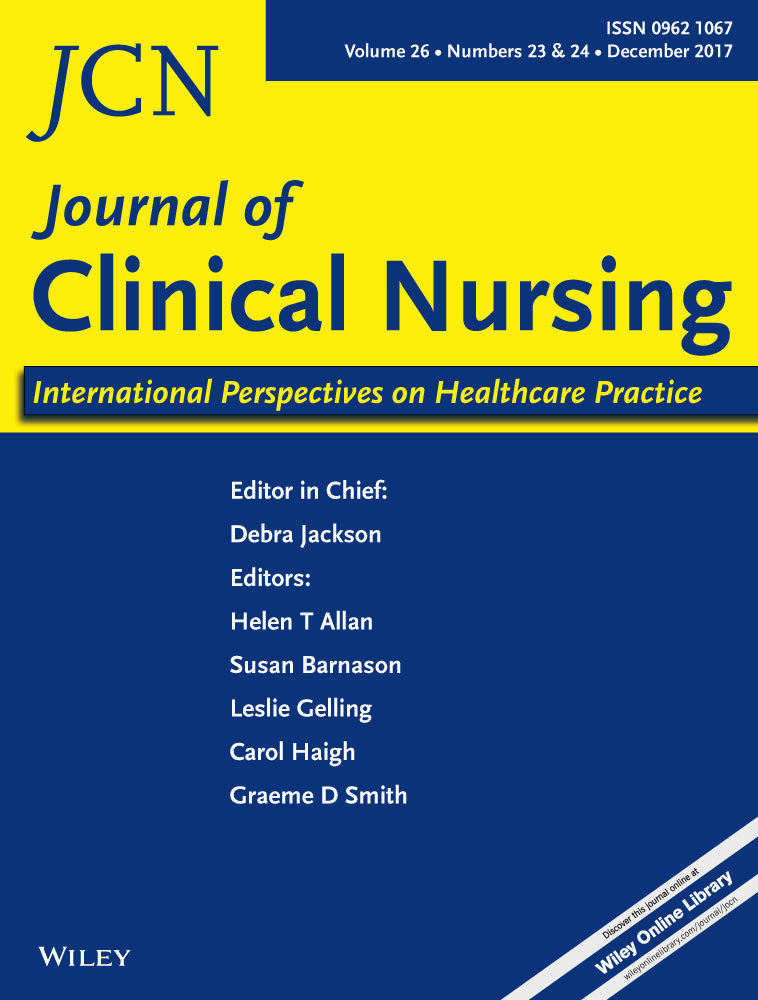Experiences of aromatherapy massage among adult female cancer patients: A qualitative study
Abstract
Aims and objectives
To explore the experiences towards aromatherapy massage use, and to examine the perceived benefits and adverse effects of aromatherapy massage among adult female cancer patients.
Method
A qualitative research design was used. Fifteen women with cancer were recruited for semi-structured interviews. Sample recruitment was undertaken through cancer self-help groups and referrals of a private aromatherapy clinic by convenience sampling. The interview data were analysed by thematic analysis.
Results
All participants had a positive experience towards aromatherapy massage. The perceived benefits of aromatherapy massage included physical and psychological dimensions: overall comfort, relaxation, reduced pain, muscular tension, lymphoedema and numbness, improved sleep, energy level, appetite and mood. Interestingly, a few participants reported that aromatherapy massage helped to enhance self-acceptance and coping with their altered torso. No adverse effects were reported. The findings focused on four main themes that emerged: (i) an immediate effect that brings all-round comfort and reconnection to daily life; (ii) a pleasurable moment to forget the disease with aroma as a booster; (iii) a pampering experience of being cared for with a sense of dignity preserved; and (iv) communicating with the failing body.
Conclusions
This study contributed by providing a better understanding in aromatherapy massage from female cancer patients’ perspective which adds to the existing body of knowledge. The implications for nursing practice, education and future research were suggested.
Relevance to clinical practice
Aromatherapy massage seems to have both physical and psychological benefits for women with cancer. The findings elucidated a wide range of benefits that are perceived in such complex intervention, and the contextual factors that may influence these perceived benefits. This will inform future nurse-led quantitative research in the clinical setting. The study highlights the importance of touch towards a caring relationship and the provision of cancer care with a gender-specific approach. Exploring of the lived experience of aromatherapy massage and its meaning enables the healthcare professionals to gain insights into the needs, preferences and values for cancer care among female cancer population. While nurses play a crucial role in collaborating with cancer patients in the choice of CAM therapies, nurses should advise them to attend practising aromatherapists with recognised training and competency who should be members of aromatherapy professional associations. As aromatherapy is an unregulated profession, nurses may also advise oncology patients on the international guideline and institutional policies for aromatherapy massage use in the hospital setting. Nurses may broaden the caring repertoire by expanding their knowledge and skills in aromatherapy massage such as understanding the basic essential oils pharmacology, massage skills and therapy efficacy for symptoms management in cancer care. Oncology clinicians and nurses should support and guide patients’ decision in the use of aromatherapy massage by providing evidence-based and comprehensive advice on the potential benefits, risks and related safety issues.




